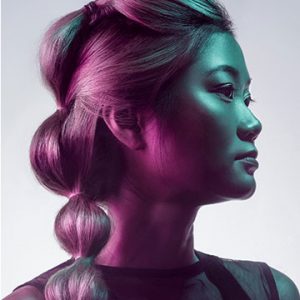Views
806
Replies
2
Status
Closed
Hello,
Terms like midtones (and graytones) are often used in relation to colour images, and understanding them seems to be important in correcting/adjusting colour images proficiently.
However, Im not sure I understand what these terms mean exactly in terms of the underlying rbg or hsv colour model.
Presumably hsv is the best model for understanding what "midtones" are. Are midtones, pixels with a medium s (in hsv colour model), or those with a medium v, or a combination of both?
In and rgb image, is {255,0,0} a midtone (since the average of the rgb component s is ~ 50% of 256×3) or is rather only pixels with an rgb value ~ {128,128,128} ?
Presumably the answer in easier to express in terms of hsv? If so how can one translate hsv to rgb in order to answer the same question in terms of the rgb values of an image?
Similarly what does the term "graytones" mean exactly?
I would be very grateful for any help in clearing this up, or any links you could give me to online discussion forums that might be able to answer such questions.
Thanks very much in advance.
Terms like midtones (and graytones) are often used in relation to colour images, and understanding them seems to be important in correcting/adjusting colour images proficiently.
However, Im not sure I understand what these terms mean exactly in terms of the underlying rbg or hsv colour model.
Presumably hsv is the best model for understanding what "midtones" are. Are midtones, pixels with a medium s (in hsv colour model), or those with a medium v, or a combination of both?
In and rgb image, is {255,0,0} a midtone (since the average of the rgb component s is ~ 50% of 256×3) or is rather only pixels with an rgb value ~ {128,128,128} ?
Presumably the answer in easier to express in terms of hsv? If so how can one translate hsv to rgb in order to answer the same question in terms of the rgb values of an image?
Similarly what does the term "graytones" mean exactly?
I would be very grateful for any help in clearing this up, or any links you could give me to online discussion forums that might be able to answer such questions.
Thanks very much in advance.
Related Tags

Master Retouching Hair
Learn how to rescue details, remove flyaways, add volume, and enhance the definition of hair in any photo. We break down every tool and technique in Photoshop to get picture-perfect hair, every time.
